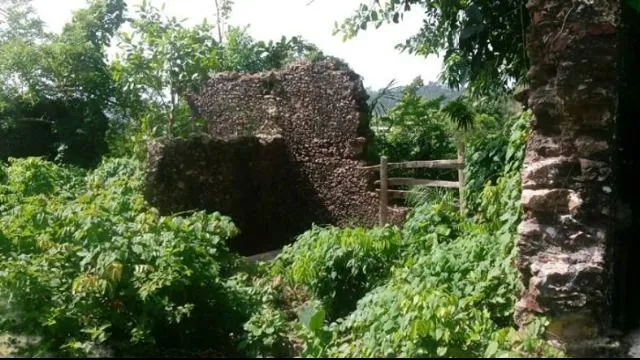 The French coffee plantations transcend the Guantanamo borders for having been declared a World Heritage Site by UNESCO in 2000. The six archaeological ruins, located in the mountains of the El Salvador Municipality, among them La Indiana, El Oasis and Yambeque, add to this area an historical value.
The French coffee plantations transcend the Guantanamo borders for having been declared a World Heritage Site by UNESCO in 2000. The six archaeological ruins, located in the mountains of the El Salvador Municipality, among them La Indiana, El Oasis and Yambeque, add to this area an historical value.
The Coffee Industrial Complex constitutes the oldest testimony of its type that has survived of the origins of coffee culture in the American sphere. The use of the wet coffee processing system reached its peak in the region, and thus constitutes the antecedent of the modern system for grain processing.
Coffee production in eastern Cuba during the 19th and 20th centuries gave rise to the creation of a unique cultural landscape, illustrating a significant stage in the development of this form of agriculture.
The “Tour de France” in Guantánamo
Guantánamo has a cultural wealth that has become part of the World Heritage of Humanity. The Ruins of French Coffee Plantations from the 19th century abound in our mountains, mainly in karst environments, from where they obtained the main raw material for their construction: lime.
More than 30 ruins of these coffee plantations in the municipalities of Niceto Pérez, El Salvador, Manuel Tames and Yateras are part of this world heritage. Other ruins, not registered in the declaration, are not even local monuments despite retaining architectural values equal to or better than some of those declared. Values that today are lost in a kind of harmony with the natural forest environment that is regenerated, or in coffee farms, in which their structures are sometimes damaged by people unaware of the values they treasure.
Conserving these ruins, proposing tourist routes, promoting agroecology and nature tourism in surrounding areas, proposing new protected areas based on values of geology, flora, fauna, history and culture, can be options for local development in these mountains, which today They lose a large part of their population due to lack of incentives in the difficult life of the countryside.